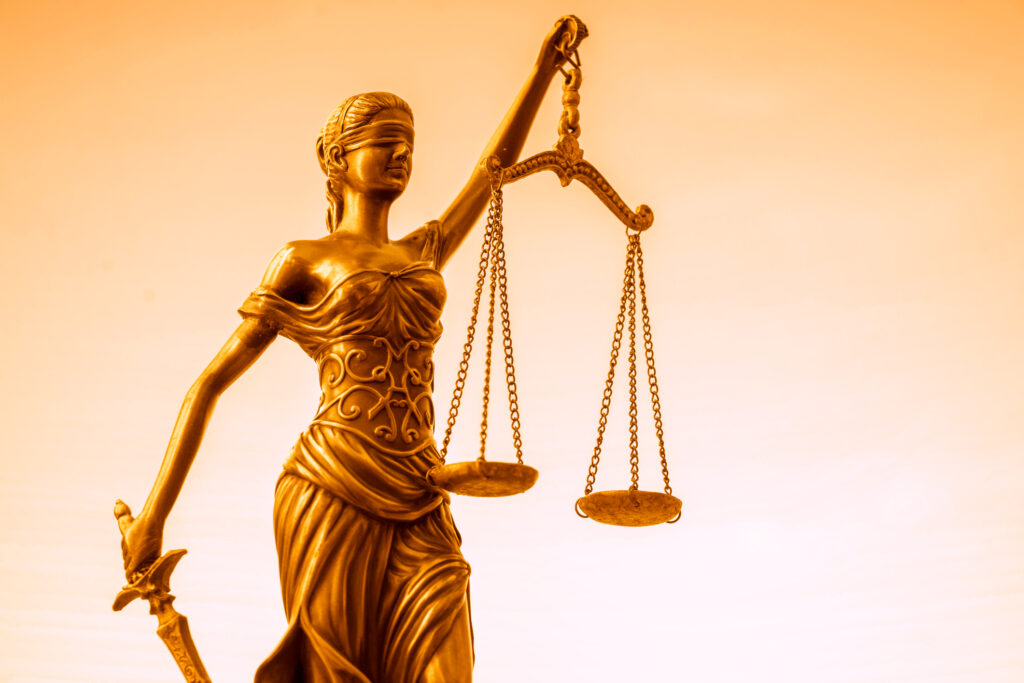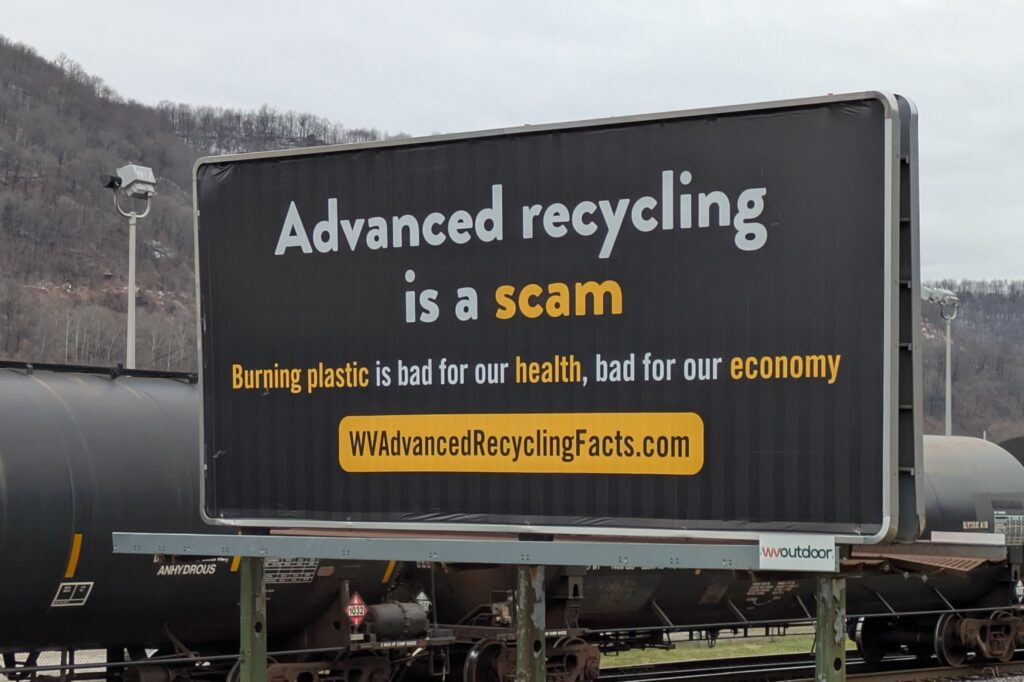- Like
- Digg
- Del
- Tumblr
- VKontakte
- Buffer
- Love This
- Odnoklassniki
- Meneame
- Blogger
- Amazon
- Yahoo Mail
- Gmail
- AOL
- Newsvine
- HackerNews
- Evernote
- MySpace
- Mail.ru
- Viadeo
- Line
- Comments
- Yummly
- SMS
- Viber
- Telegram
- Subscribe
- Skype
- Facebook Messenger
- Kakao
- LiveJournal
- Yammer
- Edgar
- Fintel
- Mix
- Instapaper
- Copy Link
As I write this, I am preparing to attend the Judicial Integrity Convening hosted by the Piper Fund in Minneapolis, MN, from June 3 to 5.
The Piper Fund has generously supported different aspects of our democracy work for nearly 30 years, including our money in politics research in the late 1990s and our campaign in the early 2000s to establish a system of public campaign financing for state legislative candidates. Piper also began funding our fair court work after we strengthened the state’s disclosure laws and won public financing for candidates to the state Supreme Court over a decade ago. Since then, we have passed an amendment to the state constitution, granting the legislature oversight of the judicial branch budget with procedural safeguards to preserve the balance of powers. We also helped defeat an amendment that would have denied public officials facing impeachment their right to due process. The amendment sought to prevent any court in the state from intervening in the impeachment process, regardless of how frivolous the charges were or how constitutionally flawed the process.
However, many of our achievements have come under attack, and opponents of democracy have added several other strategies to seize power and undermine judicial independence and access to justice. Throughout it all, the Piper Fund and Piper Action Fund have stood with and supported groups like ours across the country that have pushed back against these increasing attacks and attempts to corrupt or usurp the authority of state courts.
Why attack state courts? In the current political climate, state courts and constitutions are playing an increasingly central role in protecting and advancing rights around reproductive freedom, gender justice, voting rights, and more. The convening will discuss national trends and threats to judicial integrity and identify the major players behind these attacks on the courts. It will also provide opportunities for state leaders to share impactful organizing and communications strategies for countering these attacks and highlight promising avenues for building judicial accountability through policy reform and campaigns to strengthen judicial ethics and discipline.
This will be the first in-person gathering since 2019 to bring together state and national leaders working in the judicial integrity field. I’m excited to have this opportunity to reconnect with colleagues from around the country and have two of our state partners join me as we continue to reassess our goals related to strengthening judicial independence and accountability, determine how we can build and leverage the power of state courts to achieve justice, and develop a plan for the next phase of the work in West Virginia.



